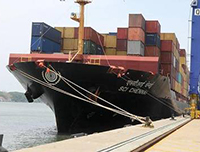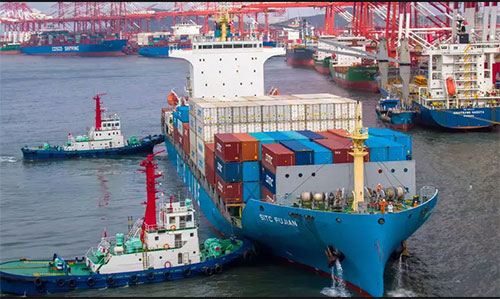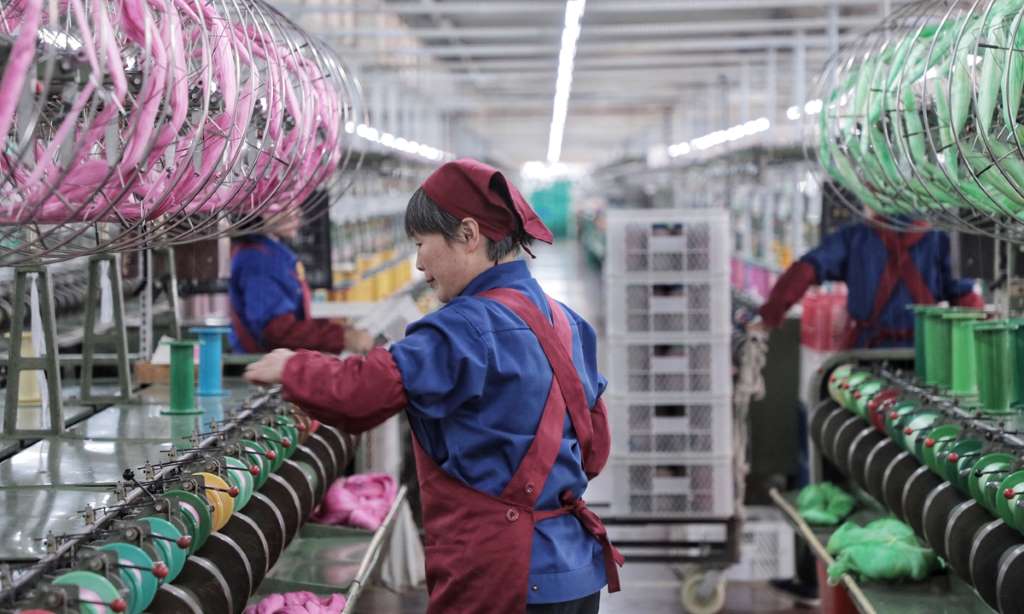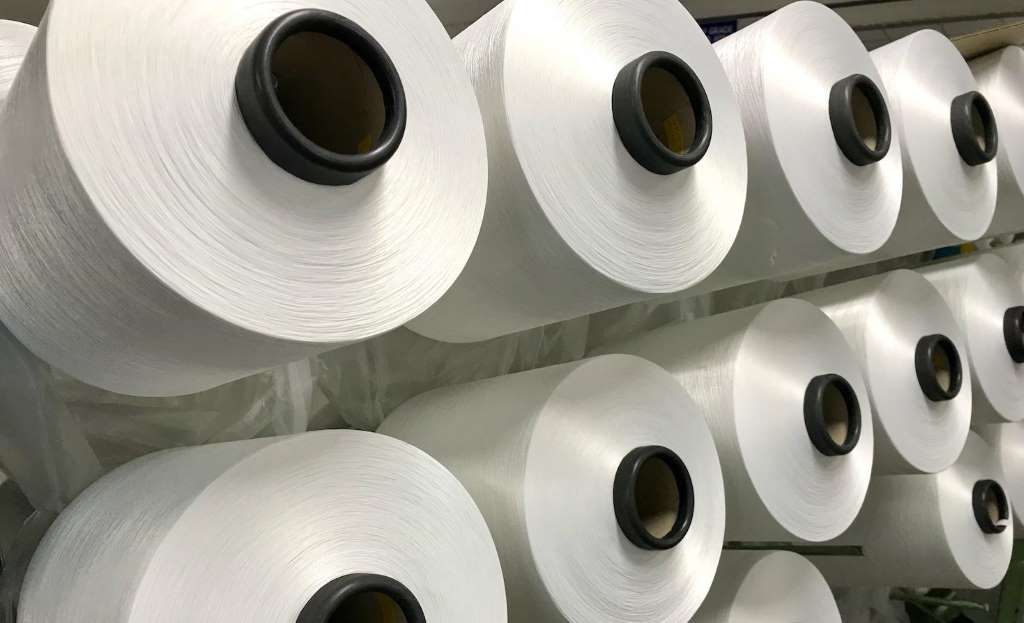"Though majority of the industry leaders believe trade agreements (FTAs) are not beneficial for Indian economy, a new research policy paper by former commerce secretary Rajeev Kher and Ram Upendra Das, Head of Centre for Regional Trade, an autonomous body promoted by the commerce ministry, offers a contrary view. The research paper reviews the most comprehensive of the 16 free trade agreements including the India-Singapore Comprehensive Economic Cooperation Agreement (CECA), India-ASEAN Trade in Goods Agreement, India-Japan Comprehensive Economic Partnership Agreement"
 Though majority of the industry leaders believe trade agreements (FTAs) are not beneficial for Indian economy, a new research policy paper by former commerce secretary Rajeev Kher and Ram Upendra Das, Head of Centre for Regional Trade, an autonomous body promoted by the commerce ministry, offers a contrary view. The research paper reviews the most comprehensive of the 16 free trade agreements including the India-Singapore Comprehensive Economic Cooperation Agreement (CECA), India-ASEAN Trade in Goods Agreement, India-Japan Comprehensive Economic Partnership Agreement , India-South Korea Comprehensive Economic Partnership Agreement (CEPA), India-Malaysia Comprehensive Economic Cooperation Agreement (CECA). It acknowledges that Indian imports have increased at a greater pace than its exports however, this growth should be viewed in proportion to total trade in both pre-FTA and post FTA scenario.
Though majority of the industry leaders believe trade agreements (FTAs) are not beneficial for Indian economy, a new research policy paper by former commerce secretary Rajeev Kher and Ram Upendra Das, Head of Centre for Regional Trade, an autonomous body promoted by the commerce ministry, offers a contrary view. The research paper reviews the most comprehensive of the 16 free trade agreements including the India-Singapore Comprehensive Economic Cooperation Agreement (CECA), India-ASEAN Trade in Goods Agreement, India-Japan Comprehensive Economic Partnership Agreement , India-South Korea Comprehensive Economic Partnership Agreement (CEPA), India-Malaysia Comprehensive Economic Cooperation Agreement (CECA). It acknowledges that Indian imports have increased at a greater pace than its exports however, this growth should be viewed in proportion to total trade in both pre-FTA and post FTA scenario.
The paper helps the commerce ministry to make an informed decision on India’s participation in the RCEP. It assumes a special significance as India is actively engaged with not only the ten member states of the ASEAN and its six FTA partners - China, Japan, India, South Korea, Australia and New Zealand.
assumes a special significance as India is actively engaged with not only the ten member states of the ASEAN and its six FTA partners - China, Japan, India, South Korea, Australia and New Zealand.
Declining trade deficit between India and ASEAN
Among the five FTAs that were considered, India was most engaged with the ASEAN in size of total trade ($81 billion) and the size of trade deficit ($12.9 billion). In ASEAN’s case, increase in its trade deficit was the least compared to other FTA partners during 2009-18. The country’s trade deficit to the total trade ratio vis-a-vis ASEAN decreased from -17.4 per cent in 2009 to -15.9 per cent in 2018. This is due to the fact that its total trade between India and ASEAN in the post-FTA period compared to the pre-FTA period, the increase in trade deficit is lower, hence the trade deficit to total trade ratio has declined.
The paper also highlights India's exports to all FTA partners primarily comprise non-raw material goods and constitute 78-96 per cent of the total materials. On the other hand, it imports primarily account for non-consumer goods. For ASEAN non-consumer goods was 84 per cent of total import. This can be an ideal export and import structure for India and FTA partners.
Need for better trade statistics
The paper also emphasises on the need for better trade statistics in services as lack of data hampers negotiations on trade in services. It recommends the development of a better understanding of trading, measurement and regulation of services in order to establish India as a major services exporter to take fuller benefits of FTAs. It also recommends a shift in India's engagements from geo-politics to geo-economics and studying FTAs on the basis of reciprocal benefits and employment generation potential rather than from a solely export perspective.












